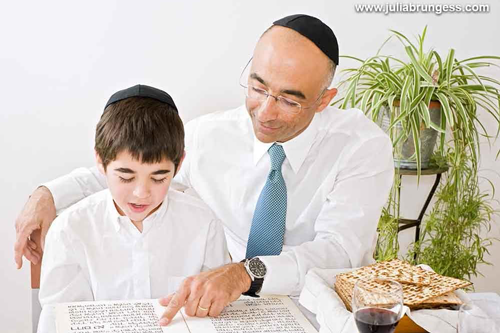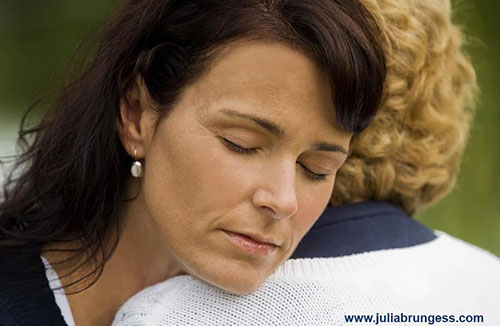How to Create Successful Parenting Plans for the School Year
Returning to school after summer break can be a stressful time for children because there can be a lot of change involved. Some kids may jump at the idea of being in a new classroom with a new teacher and classmates while others, may feel anxious and nervous. When children go back to school, it can also be a difficult time for divorced couples especially when parenting arrangements are not predetermined. Common concerns that can often arise include who will go to parent-teacher conferences, who will take care of the child when he or she is ill and who will be the point of contact in the case of an emergency. To help the entire family make a smooth transition into the school year, parents can take initiative and address key areas ahead of time so that there is zero conflict surrounding the return to school. The idea is to address all of the areas that can potentially become problems and set expectations ahead of time. Topics that divorced or separated parents may want to discuss, include the following: Back to School Shopping With children going back to school comes the responsibility of getting them prepared. School preparations often involve going shopping for things like school supplies, sports equipment and new clothing. It is important for separated parents to communicate with one another, discuss what is needed and decide on a plan for who will purchase what items. Parents involved in a successful co-parenting plan may decide to shop together as a family while others may choose to take a different approach. It can be fairly common to see couples agree to go “Dutch” with the school supplies and split the final cost total straight down the middle or divide the list in two and each be responsible for purchasing specific items. Regardless of what is decided, prearranging back to school shopping plans can be a wise decision because it can help alleviate stress for both parents and children. School Schedules With all of the extra-curricular activities children may be involved in, coordinating school schedules can become quite the ordeal even for parents who are not divorced. When divided between two households, scheduling takes on a whole new level of complexity, so it is important to stay on top of things and generate a detailed plan for dealing with school schedules. If parents are unable to come together to make joint decisions, it may help to predetermine which parent will have the decision-making authority when it comes to after school activities. It may also prove to be of great benefit to decide how to handle transportation to and from extracurricular activities. With full schedules, it can even help to create a shared calendar with your ex so that you can eliminate any miscommunication. School Contact It can also help to determine which parent will serve as the emergency contact and develop a process for sharing school-related information. You may also want to decide on who will be the point of contact for the school and the teacher. Will it be both parents or just one? If just one parent—will the or she be responsible for relaying all of the messages and if so, how will this be accomplished? Will messages be shared via email or phone? These are all factors you may want to consider when creating a process for keeping everyone informed. Communication Children whose parents are divorced should not serve as a messenger. Parents should always talk directly to each other because using children as the in between can cause him or her lots of stress. If you find yourself disagreeing with your spouse regarding scheduling conflicts, find a place to work things out with your husband or wife that does not involve your children. Remember, your goal should always be to keep things simple and stress-free for your kids. If you and your spouse find yourselves unable to come together to establish a successful back-to-school parenting plan, the Law Office of Julia Ann Brungess can help! Contact Us Today!
How to Create Successful Parenting Plans for the School Year Read More »










